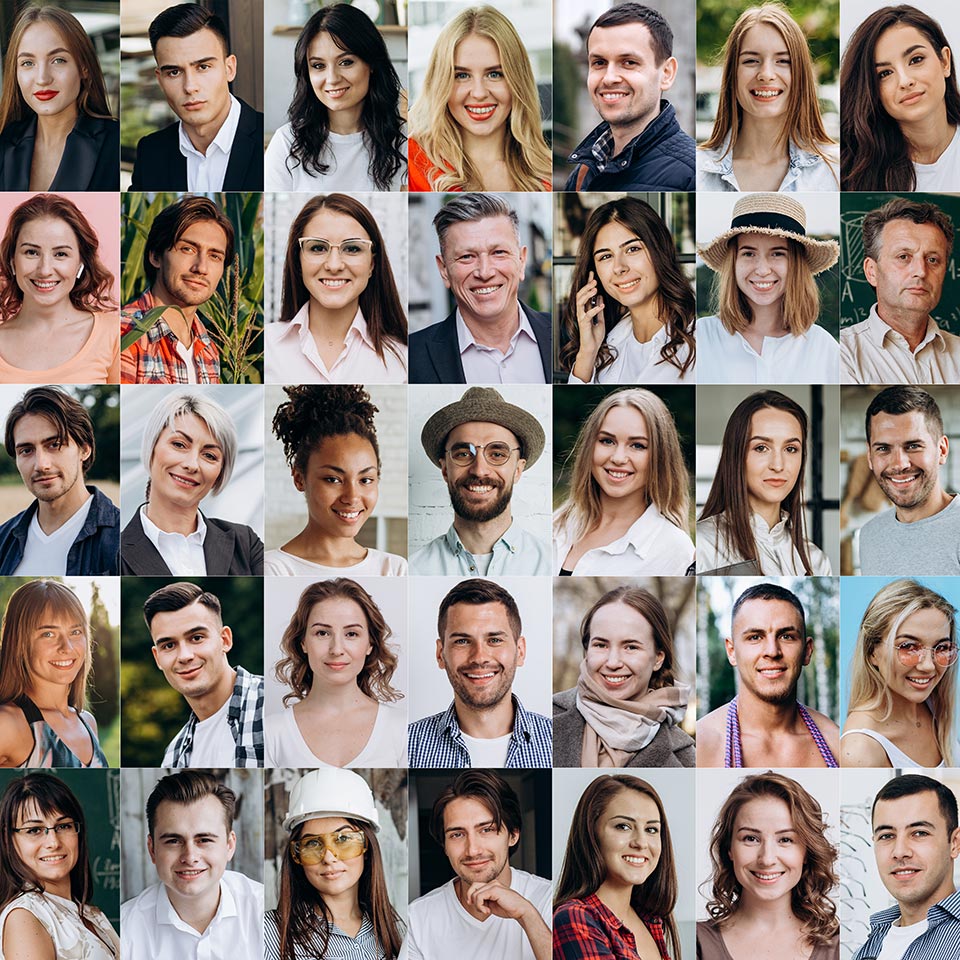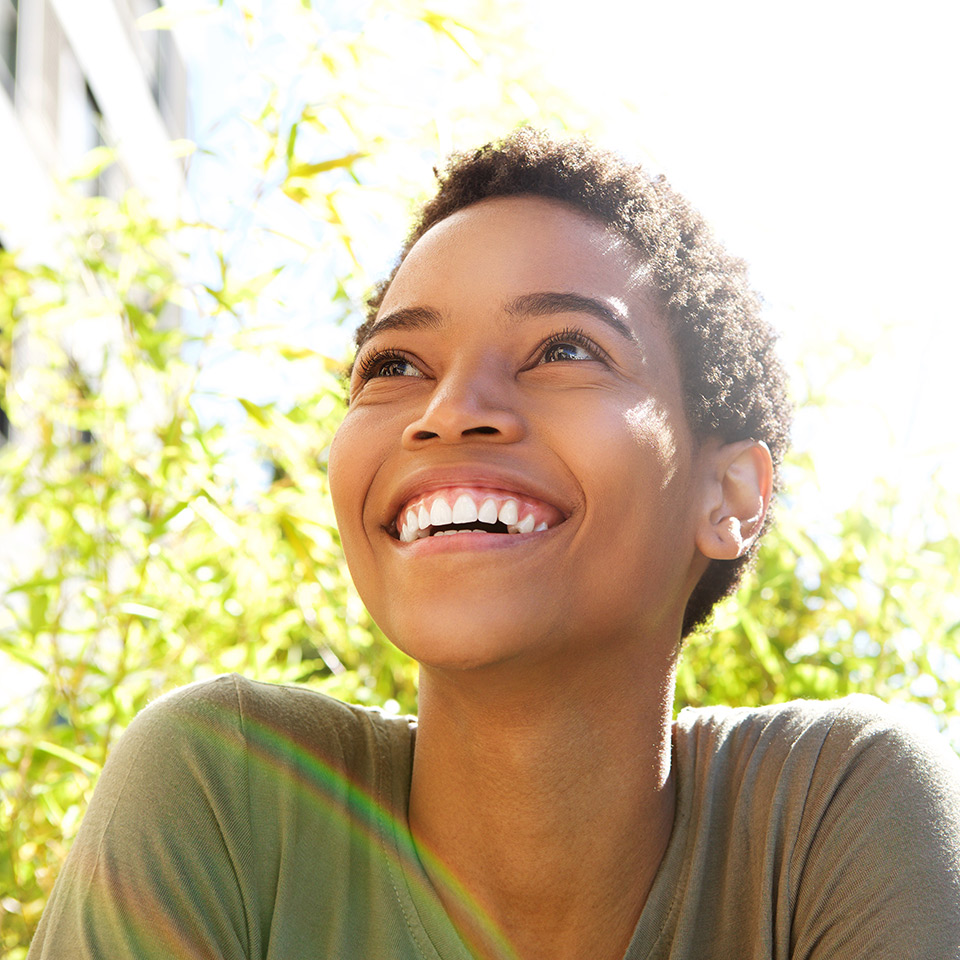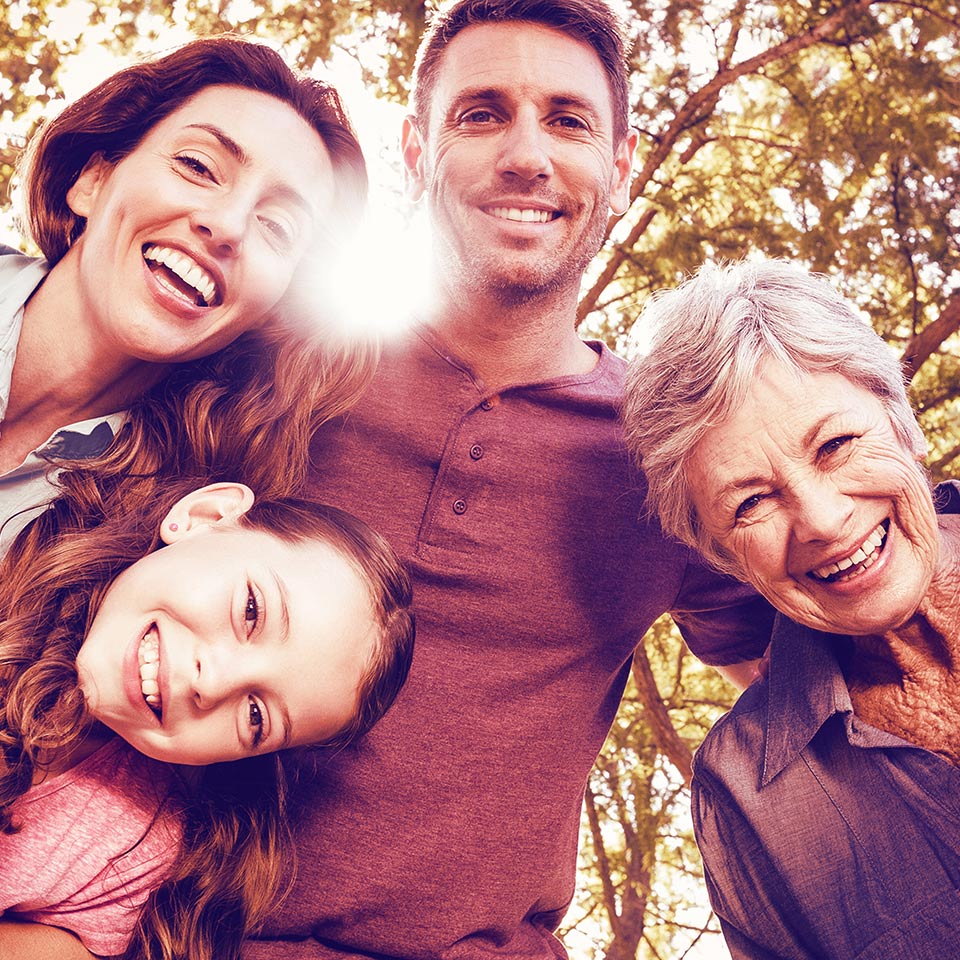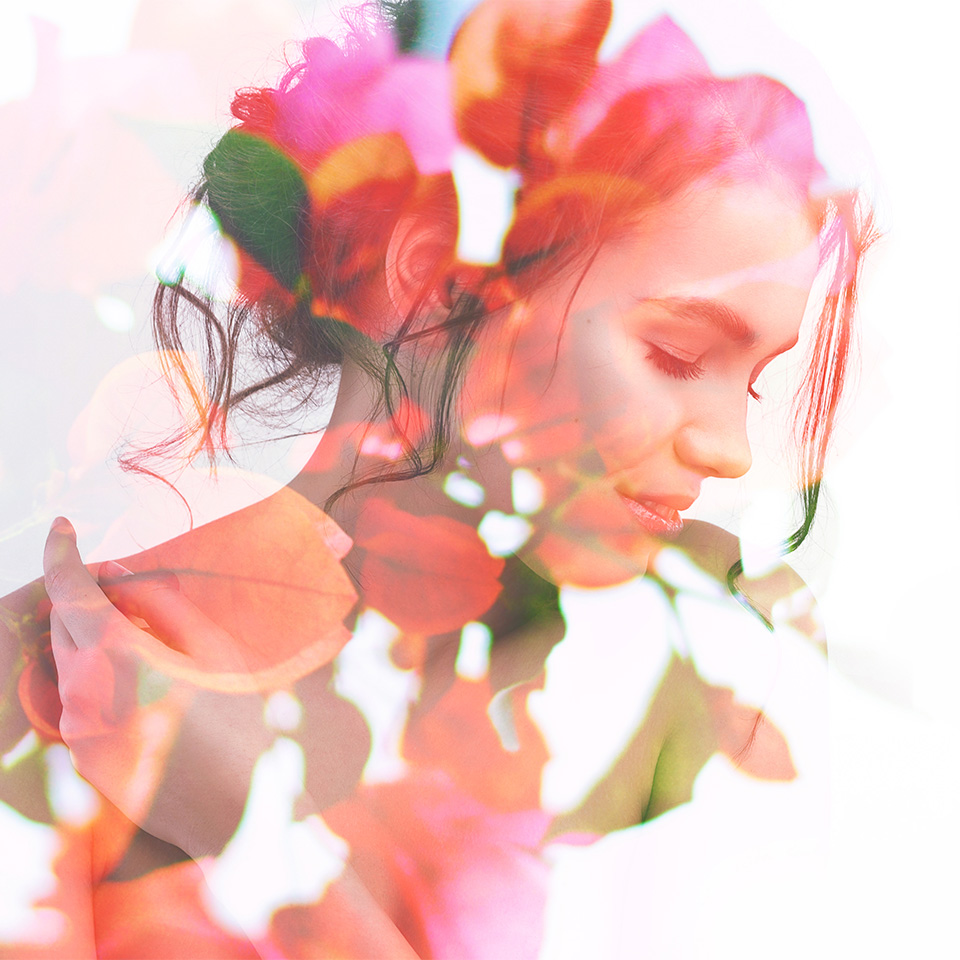In the world of portrait photography, posing is the key to capturing the true essence and beauty of a subject. In this article we journey through various poses, from classic to candid, offering tips and inspiration to elevate your portrait photography and transform your images into stunning works of art!

Classic Poses
When it comes to portrait photography, classic poses have stood the test of time due to their ability to create timeless and visually-appealing images. Here are some of the best classic poses that work well in portrait photography.
Headshots & Close-Ups
Headshots and close-up shots focus primarily on the subject's face, capturing their expressions and unique features. These poses are ideal for showcasing facial details, such as captivating eyes, a genuine smile, or an intriguing expression.
Traditional Standing or Sitting Poses
Traditional standing or sitting poses provide a sense of elegance and poise. They offer a solid foundation for capturing full-body portraits, allowing the subject to strike a confident and composed posture.
Emphasising Symmetry & Balance
Symmetry and balance play an important role in creating visually-appealing portraits. Encouraging subjects to position themselves in a balanced manner, such as by evenly distributing weight or aligning body parts symmetrically, can result in harmonious and aesthetically-pleasing compositions.

Natural & Candid Poses
The key to natural poses is to create a comfortable environment where your subjects can relax and be themselves. These types of photos have the power to capture genuine emotions, allowing you to create portraits that truly reflect their personalities.
Capturing Authentic Emotions
Instead of stiff and posed shots, strive to capture real and unguarded moments. Prompt your subjects to engage in activities or conversations that evoke genuine emotions.
Encouraging Subjects to Relax
Create a relaxed atmosphere by having casual conversations. When subjects feel relaxed and free to be themselves, their true personality shines through in the photographs.
Utilise the Environment
Incorporate the environment into your compositions to add depth and visual interest to your portraits. For example, you can use trees, doorways or natural frames. By using the surroundings in this way, you can create really dynamic compositions.
Capturing Playful & Spontaneous Poses
Encourage your subjects to let loose and have fun during the photoshoot. Playful and spontaneous poses can bring out genuine expressions and create lively and memorable portraits. Activities such as jumping, dancing or interacting with props are all suitable.

Expressive Poses
Expressive poses are essential for conveying specific emotions and creating impactful images.
Conveying Specific Emotion Through Body Language
Pose your subjects in ways that align with the intended emotions of the photograph. For example, if you want to convey curiosity or surprise, have your subject tilt their head or raise their eyebrows. On the other hand, if you had them cross their arms or tense up their eyebrows, you’d be expressing their determination or motivation.
Poses for Conveying Confidence, Strength, & Authority
Strong and confident poses can enhance the impact of a portrait. Encourage your subjects to stand tall, maintain eye contact, and adopt open postures. These poses exude authority, self-assurance, and empowerment, allowing the subject to command attention and leave a lasting impression.
Gentle Poses for Expressing Calmness
Guide your subjects to adopt relaxed and graceful postures, such as sitting or lying down in a comfortable position. Soft facial expressions, closed eyes, and gentle hand gestures can complement the pose.
Posing & Lighting
Posing and lighting are crucial elements when creating stunning portraits. The interplay between the two can make or break a photograph, and understanding how to use lighting to enhance the subject's features and create mood is essential. Before starting a photo shoot, consider the mood and style of the portraits you want to capture and choose the appropriate lighting setup and posing techniques accordingly.
Enhancing the Subjects’ Features & Creating Mood
Lighting can have a significant impact on the mood and atmosphere of a portrait. Experiment with different lighting setups (such as natural light, studio light, or off-camera flash) to create the desired effect. For example, soft, diffused lighting can create a romantic or dreamy mood, while harsh, directional lighting can create a dramatic or edgy effect.
Optimal Positioning
The positioning of the subject in relation to the light source is also vital. The direction of light can affect the shape and texture of the subject's face, and shadows can add depth and dimension to the image. For example, placing the subject facing a window or a softbox can create flattering and even lighting, while positioning the subject at a slight angle to the light source can add depth and create a more dynamic composition.

Posing Tips
When it comes to portrait photography, both men and women can benefit from specific posing techniques that highlight their unique qualities. Whether you're aiming for a masculine, confident look or a feminine, elegant vibe, here are some tips to enhance your subjects' poses.
Confidence & Presence
Encourage your subjects to exude confidence and presence in their poses. This can be achieved via good posture, squared shoulders, and maintaining eye contact with the camera.
Props & Accessories
Props and accessories can add interest and depth to your portraits. Consider the overall theme of the portrait and the personality of the subject you are trying to capture to inspire your choice of props.
Showcase Authenticity
Encourage your subjects to be themselves and capture natural expressions. Genuine smiles, laughter, and thoughtful expressions can bring life and authenticity to the photograph.
Play With Body Language
Experiment with various body language and poses to convey different moods and aesthetics.
Encourage dynamic movements, gentle gestures, or interacting with the environment to create visually-engaging compositions.
Highlight Unique Features
Every individual possesses unique features and characteristics that make them special. Pay attention to their distinctive qualities and find poses that accentuate those attributes (e.g. strong jawlines, expressive eyes, etc).
Use Lighting
Lighting creates the mood of any photograph. Experiment with different lighting setups. For example, soft and diffused light can evoke a gentle and intimate mood, while dramatic lighting can add depth and intrigue!
To further develop your skills in digital photography, consider enrolling in our Digital Photography Diploma Course, available now for only £29 (save £98!). With a specific module on portrait photography, you’ll learn how to create stunning portraits and take your photography to the next level!





